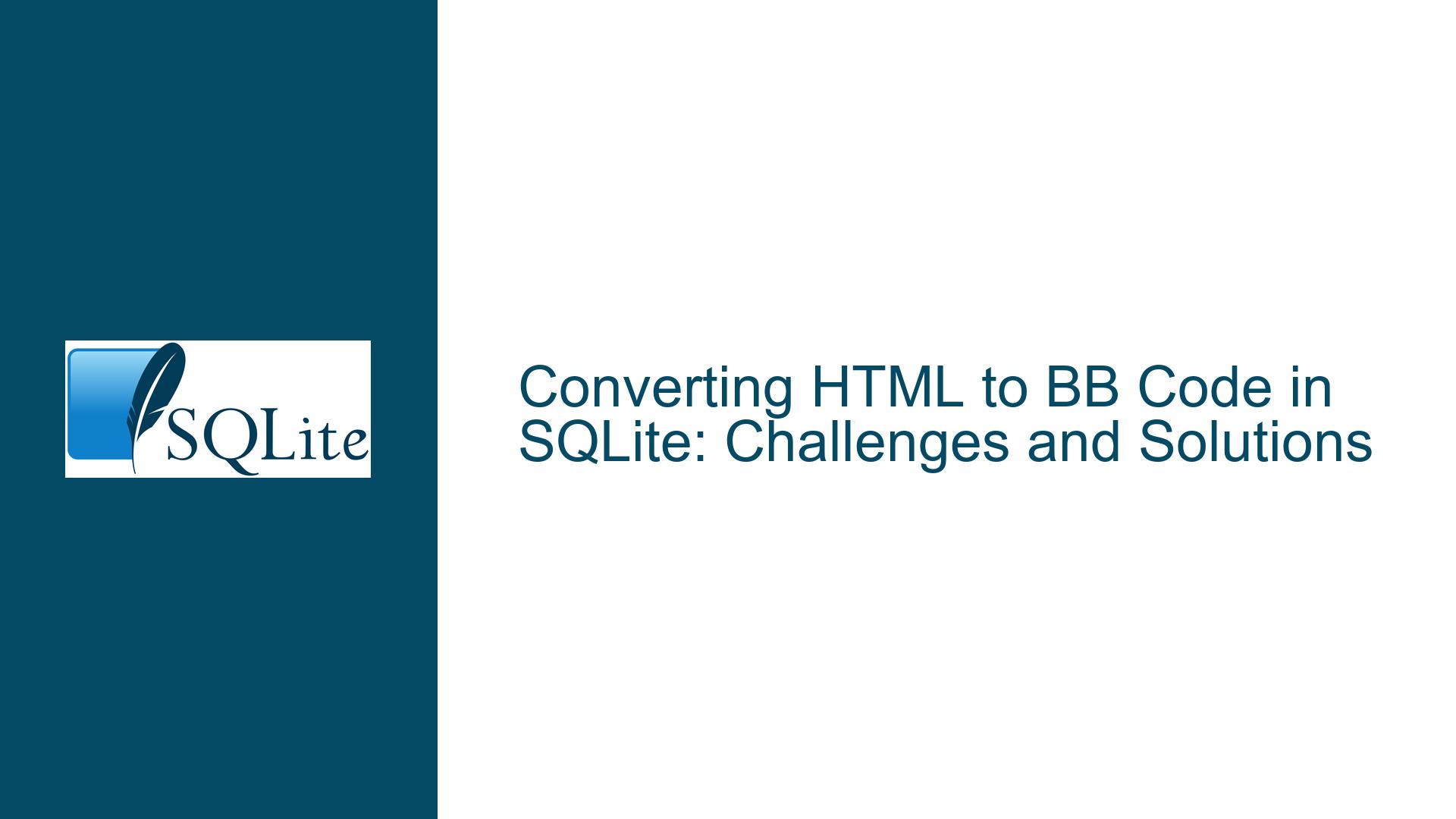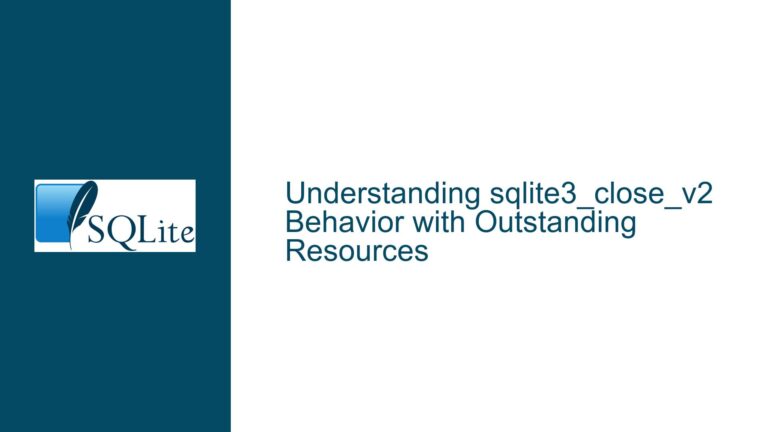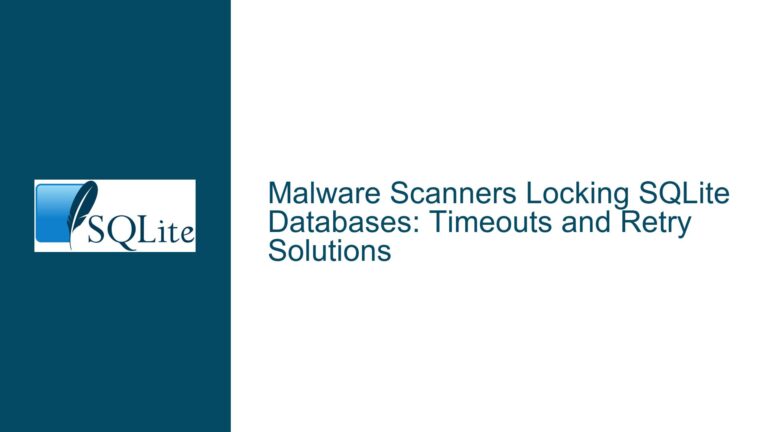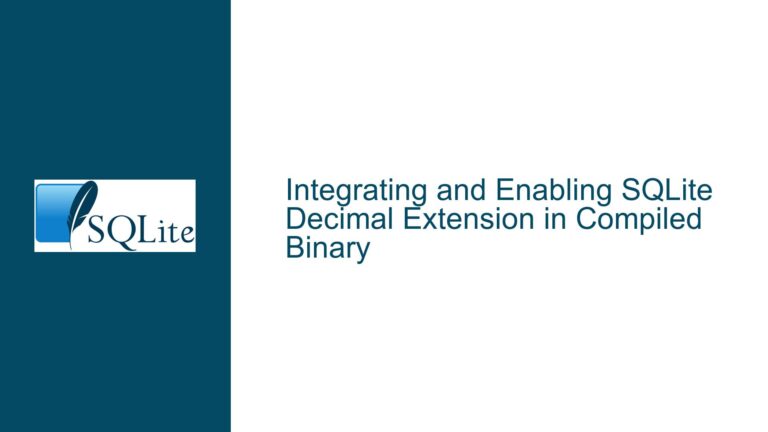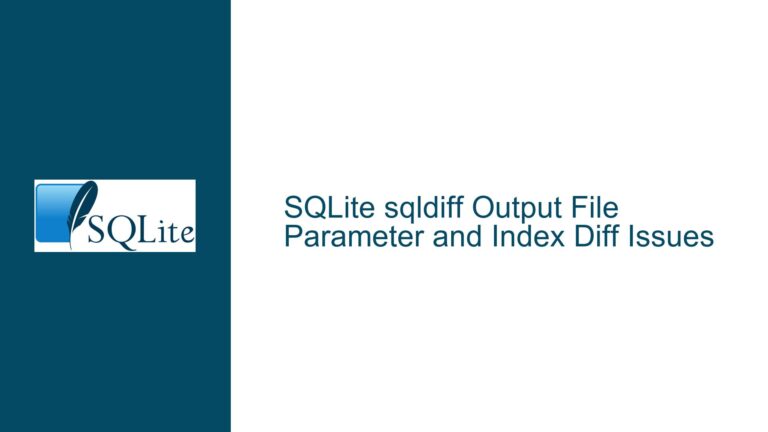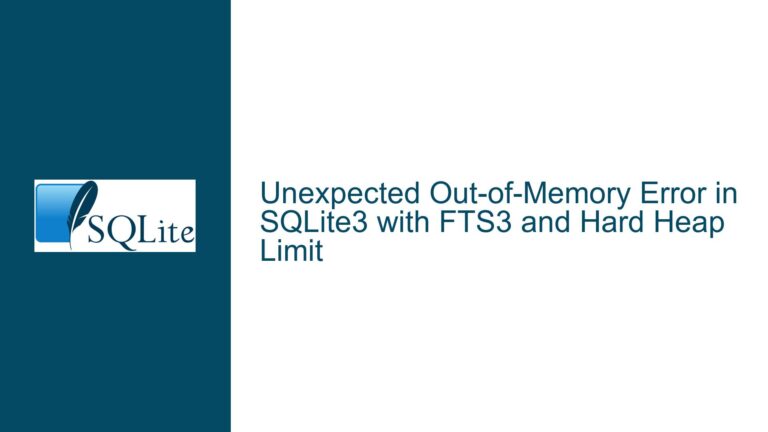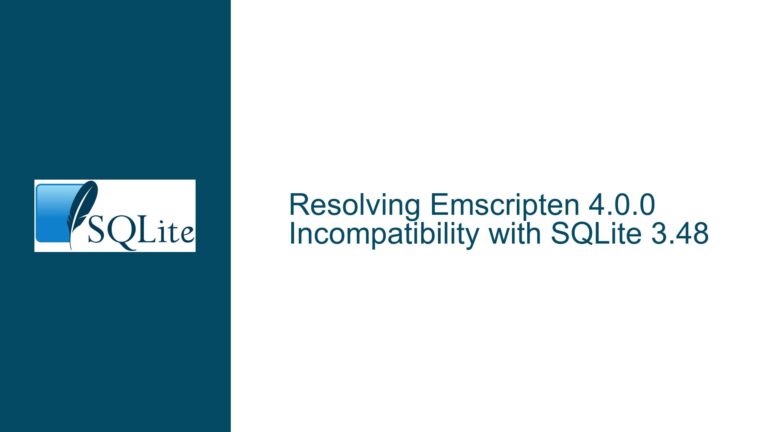Converting HTML to BB Code in SQLite: Challenges and Solutions
Understanding the Data Conversion Problem: HTML to BB Code
The core issue revolves around converting HTML-formatted data into BB (Bulletin Board) code within an SQLite database. HTML and BB code are both markup languages used for formatting text, but they differ significantly in syntax and usage. HTML is a standard markup language for creating web pages, while BB code is a lightweight markup language used primarily in forums and bulletin boards. The challenge lies in transforming HTML tags such as <b>, <a>, and <br> into their BB code equivalents ([b], [url], and [br], respectively).
HTML is more complex and feature-rich than BB code, which means that a direct one-to-one conversion is not always straightforward. For instance, HTML supports nested tags, attributes, and a wide range of elements that BB code does not. This complexity necessitates a careful approach to ensure that the converted data retains its intended formatting and functionality.
The primary use case for this conversion is migrating data from a blog (which uses HTML) to a forum (which uses BB code). This migration requires not only a change in syntax but also a consideration of how the data will be rendered in the new environment. For example, an HTML <a> tag with an href attribute must be converted into a BB code [url] tag, ensuring that the link remains functional.
Given that SQLite is a lightweight, serverless database engine, it does not natively support complex text processing or markup language conversion. This limitation means that additional tools or extensions are required to perform the conversion efficiently. The discussion mentions the possibility of using a script or a GUI SQLite manager, but it quickly becomes clear that SQLite itself lacks the built-in functionality to handle this task directly.
Exploring the Limitations of SQLite in HTML-to-BB Code Conversion
SQLite is designed to be a simple, efficient, and self-contained database engine. It excels at handling structured data and performing standard SQL operations, but it is not equipped for advanced text processing tasks such as parsing and converting markup languages. The SQLite library does not include functions specifically designed to handle HTML or BB code, which means that any conversion process must rely on external tools or custom scripts.
One of the key limitations of SQLite in this context is its lack of native support for regular expressions (regex). Regex is a powerful tool for pattern matching and text manipulation, and it is often used in tasks like HTML parsing and conversion. While SQLite does support basic string functions such as SUBSTR, REPLACE, and INSTR, these functions are not sufficient for handling the complexity of HTML tags and their attributes.
Another limitation is the absence of a built-in HTML parser in SQLite. Parsing HTML requires understanding the structure of the document, including nested tags, attributes, and special characters. Without a parser, it is challenging to accurately identify and extract HTML elements for conversion. This limitation underscores the need for external libraries or extensions that can provide the necessary functionality.
The discussion briefly mentions the sqlite-html extension, which is a third-party tool designed to add HTML parsing capabilities to SQLite. This extension could potentially address some of the limitations by providing functions to parse and manipulate HTML content directly within SQLite. However, even with such an extension, the conversion process would still require careful planning and implementation to ensure accuracy and efficiency.
Step-by-Step Guide to Converting HTML to BB Code in SQLite
To address the challenge of converting HTML to BB code in SQLite, a systematic approach is required. This approach involves several steps, including preparing the data, selecting the right tools, and implementing the conversion process. Below is a detailed guide to help you navigate this process.
Step 1: Assess the Data and Define Conversion Rules
The first step in the conversion process is to assess the HTML data and define the rules for converting it to BB code. This involves identifying the HTML tags used in the data and determining their corresponding BB code equivalents. For example, the HTML <b> tag should be converted to the BB code [b] tag, and the HTML <a> tag should be converted to the BB code [url] tag.
It is also important to consider the attributes associated with HTML tags. For instance, the HTML <a> tag includes an href attribute that specifies the link URL. When converting to BB code, this attribute must be incorporated into the [url] tag to ensure that the link remains functional. Similarly, the HTML <img> tag includes a src attribute that specifies the image URL, which must be converted to the BB code [img] tag.
In addition to defining the conversion rules, it is essential to identify any special cases or edge cases that may arise during the conversion process. For example, nested HTML tags (e.g., <b><i>text</i></b>) must be handled carefully to ensure that the resulting BB code (e.g., [b][i]text[/i][/b]) is correctly formatted.
Step 2: Choose the Right Tools and Extensions
Given the limitations of SQLite in handling HTML and BB code, it is necessary to use external tools or extensions to facilitate the conversion process. One such tool is the sqlite-html extension, which provides functions for parsing and manipulating HTML content within SQLite. This extension can be used to extract HTML elements and their attributes, making it easier to convert them to BB code.
To use the sqlite-html extension, you must first download and install it in your SQLite environment. Once installed, you can use the extension’s functions to parse HTML content and extract the necessary elements. For example, the html_extract function can be used to extract specific HTML tags and their attributes, which can then be converted to BB code using SQLite’s string manipulation functions.
In addition to the sqlite-html extension, you may also consider using a scripting language such as Python or Perl to perform the conversion. These languages offer robust libraries for HTML parsing and text manipulation, which can simplify the conversion process. For example, the Python BeautifulSoup library can be used to parse HTML content and convert it to BB code using custom scripts.
Step 3: Implement the Conversion Process
Once you have defined the conversion rules and selected the appropriate tools, you can proceed with implementing the conversion process. This process involves several steps, including parsing the HTML content, extracting the relevant elements, and converting them to BB code.
To begin, you must parse the HTML content to identify the tags and attributes that need to be converted. This can be done using the sqlite-html extension or a scripting language like Python. Once the HTML content has been parsed, you can extract the relevant elements and their attributes using the appropriate functions.
Next, you must convert the extracted HTML elements to their corresponding BB code equivalents. This involves replacing the HTML tags with BB code tags and incorporating any necessary attributes. For example, the HTML <a> tag with an href attribute can be converted to the BB code [url] tag by replacing the tag and including the URL in the BB code.
Finally, you must ensure that the converted BB code is correctly formatted and free of errors. This may involve validating the BB code using a BB code parser or manually reviewing the converted content. Once the conversion is complete, you can store the BB code in the SQLite database or export it to a file for use in the target forum.
Step 4: Test and Validate the Conversion
After implementing the conversion process, it is essential to test and validate the results to ensure that the converted BB code is accurate and functional. This involves comparing the original HTML content with the converted BB code to verify that the formatting and functionality have been preserved.
To test the conversion, you can use a sample dataset that includes a variety of HTML tags and attributes. Convert the sample data to BB code using the implemented process, and then review the results to identify any discrepancies or errors. If any issues are found, you may need to adjust the conversion rules or modify the implementation to address the problem.
In addition to manual testing, you can also use automated testing tools to validate the conversion. For example, you can write scripts that compare the original HTML content with the converted BB code and flag any differences. This approach can help you identify and resolve issues more efficiently, ensuring that the conversion process is robust and reliable.
Step 5: Optimize and Refine the Conversion Process
Once the conversion process has been tested and validated, you can focus on optimizing and refining it to improve performance and accuracy. This may involve fine-tuning the conversion rules, optimizing the use of external tools and extensions, and streamlining the implementation.
For example, you may discover that certain HTML tags or attributes are not being converted correctly, or that the conversion process is taking longer than expected. In such cases, you can adjust the conversion rules or modify the implementation to address these issues. Additionally, you can explore ways to optimize the use of the sqlite-html extension or other tools to improve performance.
Another aspect of optimization is handling large datasets. If you are working with a large amount of HTML content, the conversion process may become resource-intensive and time-consuming. To address this, you can implement batch processing or parallel processing techniques to distribute the workload and reduce the overall processing time.
Step 6: Document the Conversion Process and Best Practices
Finally, it is important to document the conversion process and any best practices that you have identified during the implementation. This documentation can serve as a reference for future conversions and help others who may be facing similar challenges.
The documentation should include a detailed description of the conversion rules, the tools and extensions used, and the steps involved in the conversion process. It should also include any lessons learned, tips for optimizing the process, and recommendations for handling common issues.
By documenting the conversion process, you can ensure that it is repeatable and scalable, making it easier to perform similar conversions in the future. Additionally, the documentation can serve as a valuable resource for others who may be working on similar projects, helping them to avoid common pitfalls and achieve successful results.
Conclusion
Converting HTML to BB code in SQLite is a complex task that requires careful planning, the right tools, and a systematic approach. While SQLite itself does not natively support HTML or BB code, external tools and extensions such as sqlite-html can be used to facilitate the conversion process. By following the steps outlined in this guide, you can successfully convert HTML-formatted data to BB code, ensuring that the data retains its intended formatting and functionality in the target forum.
The key to a successful conversion lies in understanding the data, defining clear conversion rules, and using the appropriate tools to implement the process. Additionally, testing and validation are essential to ensure that the converted BB code is accurate and functional. By documenting the conversion process and any best practices, you can create a repeatable and scalable solution that can be used for future conversions.
In summary, while SQLite may not be the ideal tool for HTML-to-BB code conversion, with the right approach and tools, it is possible to achieve accurate and efficient results. By following the steps and recommendations in this guide, you can navigate the challenges of this conversion process and achieve successful outcomes.
